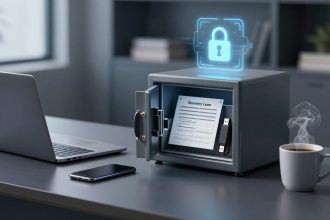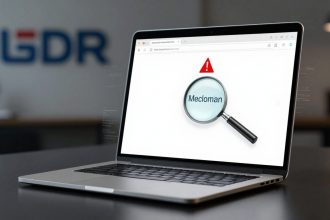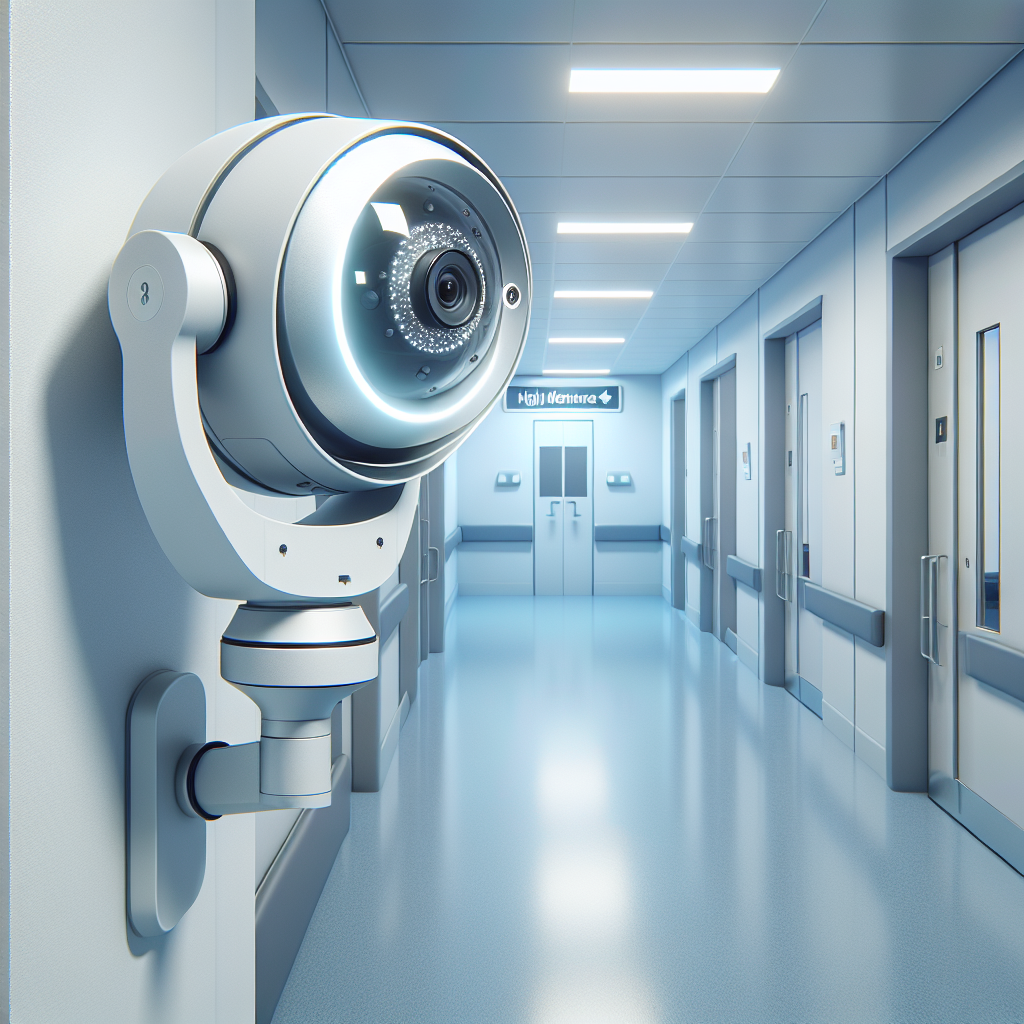Listen to this post: NHS Surveillance Cameras: Safety Breakthrough or Privacy Risk?
NHS Surveillance Cameras: Safety Breakthrough or Privacy Risk?
Summary
The National Health Service (NHS) in the UK has begun integrating AI-powered surveillance cameras across several mental health units with the goal of enhancing patient safety and care quality. While the move is being hailed as a technological advancement in hospital security protocols, it’s igniting a deeper debate: Are these surveillance systems a promise of improved patient protection—or a threat to patient privacy?
The AI cameras are designed to monitor patient behavior in real time, detecting signs of distress, self-harm, or unusual movements. Once flagged, alerts are sent to medical staff who can intervene promptly. The introduction of this technology aims to reduce the number of incidents in under-staffed and high-pressure mental health wards.
However, privacy advocates are expressing growing concern. Critics argue that while safety is paramount, the constant observation of vulnerable patients might exacerbate conditions such as paranoia or anxiety and potentially erode trust between patients and healthcare providers. There are also questions about how the data is stored, who has access, and whether patients can give informed consent.
Moreover, staff unions have called for clearer regulations and guidance on the use of surveillance tools in patient-centered environments. While trials have reportedly shown positive results in preventing critical incidents, the technology’s long-term impact on mental health outcomes remains uncertain.
In sum, the NHS is standing at a crossroad of innovation and ethics. Surveillance in healthcare—a concept once limited to security in entrances and hallways—is now being tested at the heart of mental health care. Whether this will result in improved patient welfare or deepen ethical dilemmas is a matter under scrutiny.














